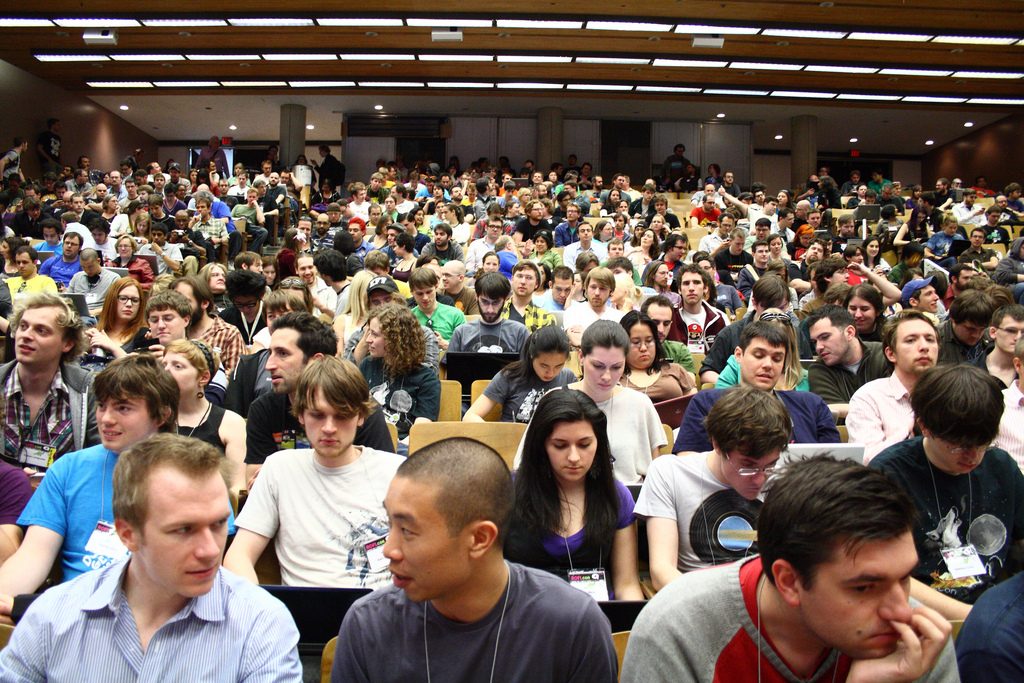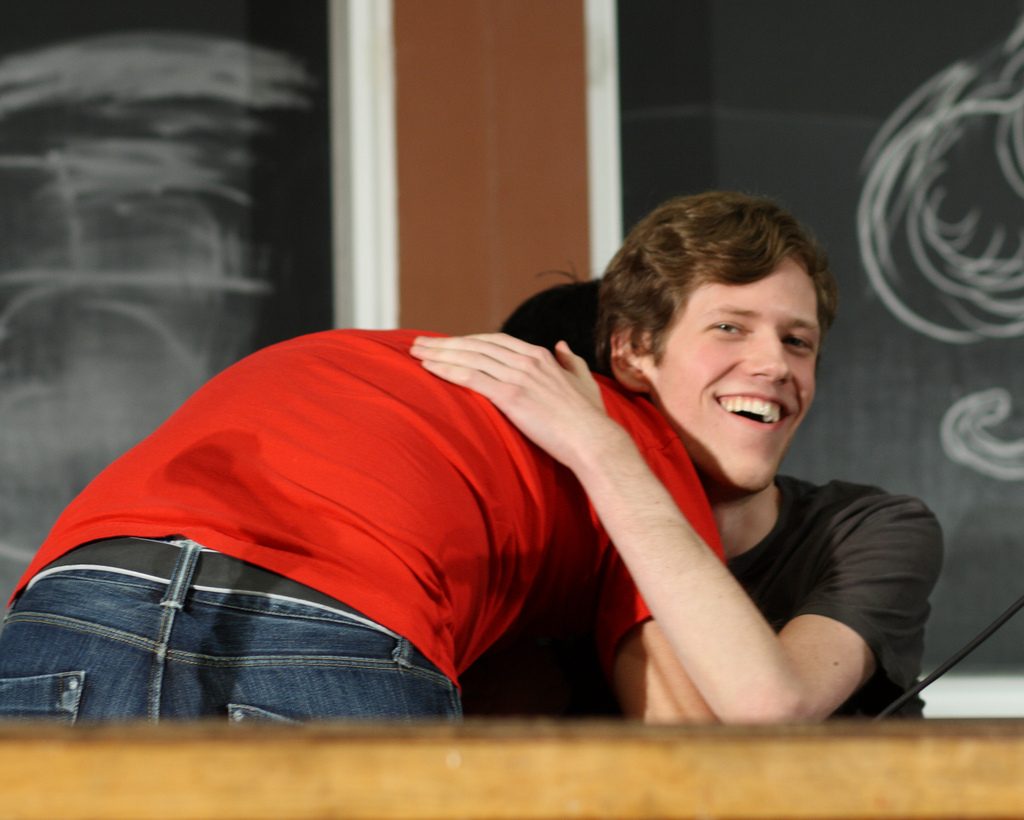
This weekend, I went up to Cambridge for ROFLCon II (see my pics). It was a wonderful, happy, fun, smart conference, and I was really struck by the sense of solidarity among participants, who all consider themselves part of “Internet culture”.
Being part of a culture means drawing lines between “us” and “them”, and whenever Wikipedia was discussed I got the distinct impression that for ROFLCon folks, Wikipedia clearly falls into the category of “them”. I was one of very few Wikipedians there that I know of (Stuart Geiger was there; I found out that Tim Pierce, a panelist who played a big role in Usenet history, is a Wikipedian; and I saw Benjamin Mako Hill briefly). That’s not to say that ROFLCon folks don’t like Wikipedia; respect–including respectful criticism–was the dominant tone. But as one of the Know Your Meme folks lamented in the final panel, “Wikipedia doesn’t care about memes”–and, by extension, a lot of other significant aspects of Internet culture that are not being documented by mainstream sources. In a lot of ways, especially through policy, Wikipedia explicitly distances itself from Internet culture.
It’s also striking how different the ROFLCon social atmosphere was compared to virtually every Wikipedian gathering I’ve been to. We–Wikipedians–are, on the whole, geeks of a different flavor. ROFLCon is a conference of extroverts; Wikipedians tend to be more introverted. At Wiki Conference New York City last year, one outsider suggested after hanging out with us for a while that maybe one reason for the gender imbalance among Wikipedians is that males are more likely to be aspies–and by implication, that Wikipedians, or at least the ones who come together to share their passion for Wikipedia, don’t seem like neurotypicals. In my own experience Wikipedian gatherings can be wonderful, they just usually take a while for everyone to get comfortable with each other and start to let their personalities out. ROFLCon (which at least gave me the impression of being closer to gender-balanced, although I didn’t try to calculate) was a conference of fast friendliness–even for people with rivalries and bad blood between them.
